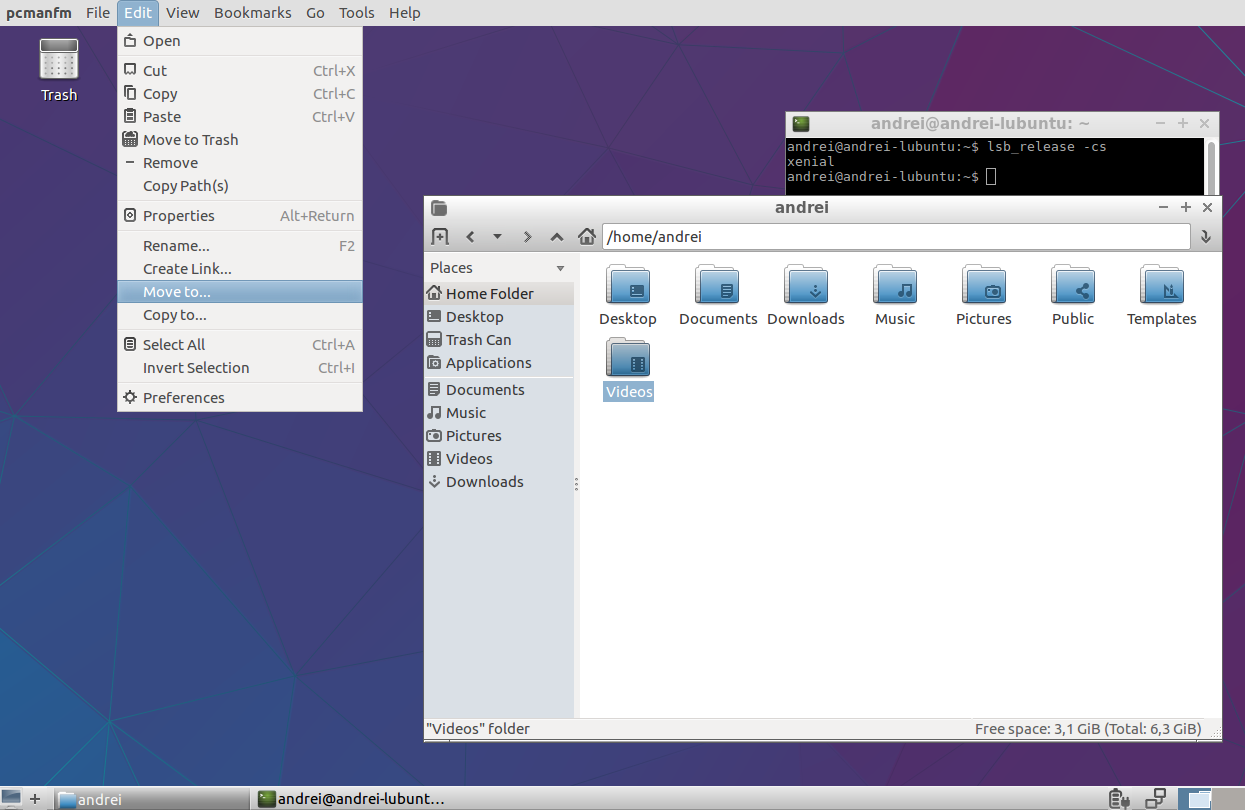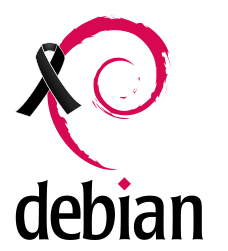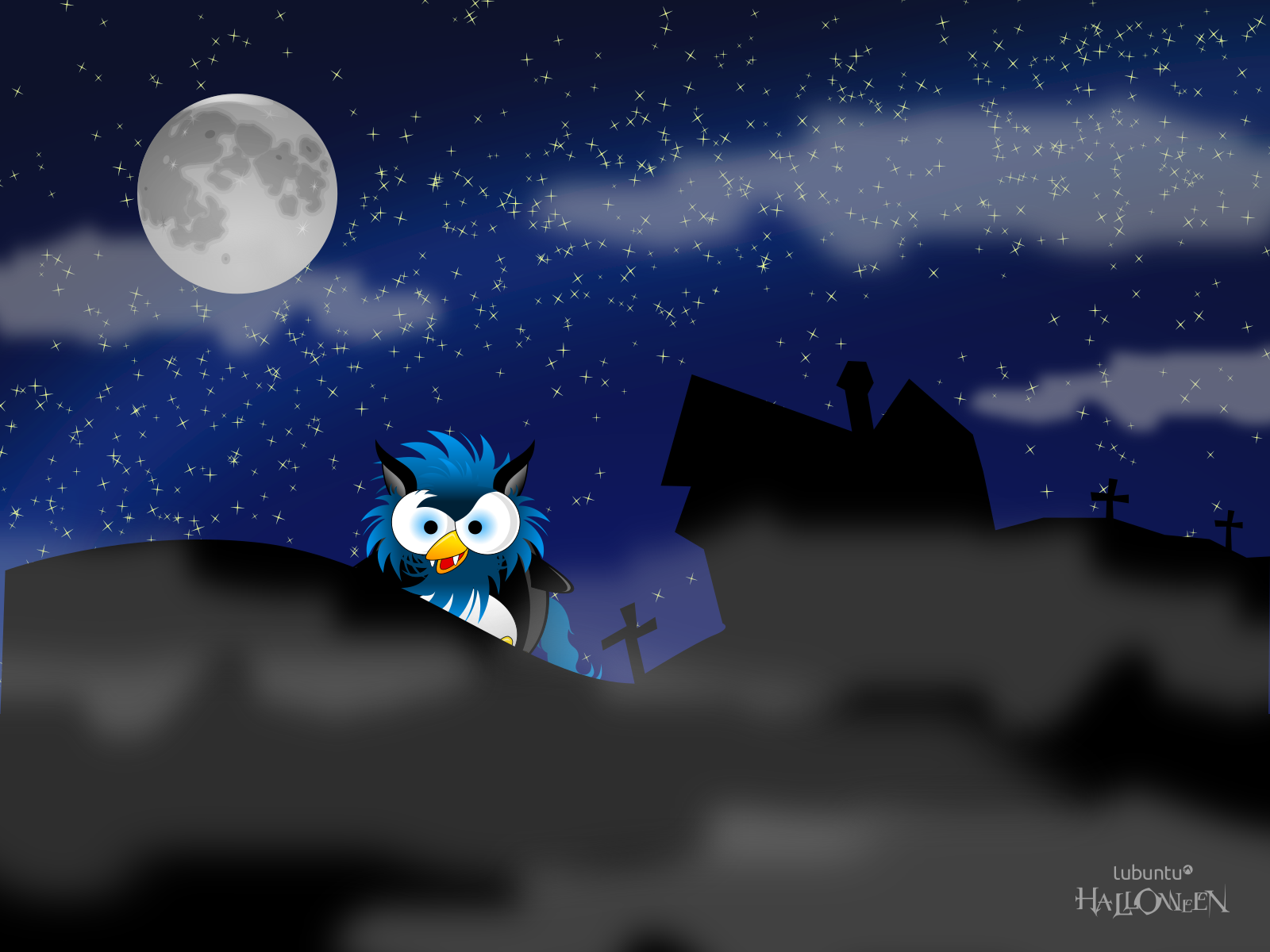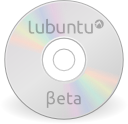We need your input on Lubuntu image sizes!
This has been extended to 30 August 2016 at 19 UTC.
The Lubuntu team needs your feedback!
We would like to get your input on a poll we have created to gauge your usage of the Lubuntu images. Your feedback is essential in making sure we make the right decision going forward!
The poll is located here: http://lubuntu.me/cd-size-poll/
The poll closes on 26 August 2016 at 19 UTC, so please get your feedback in before then!











